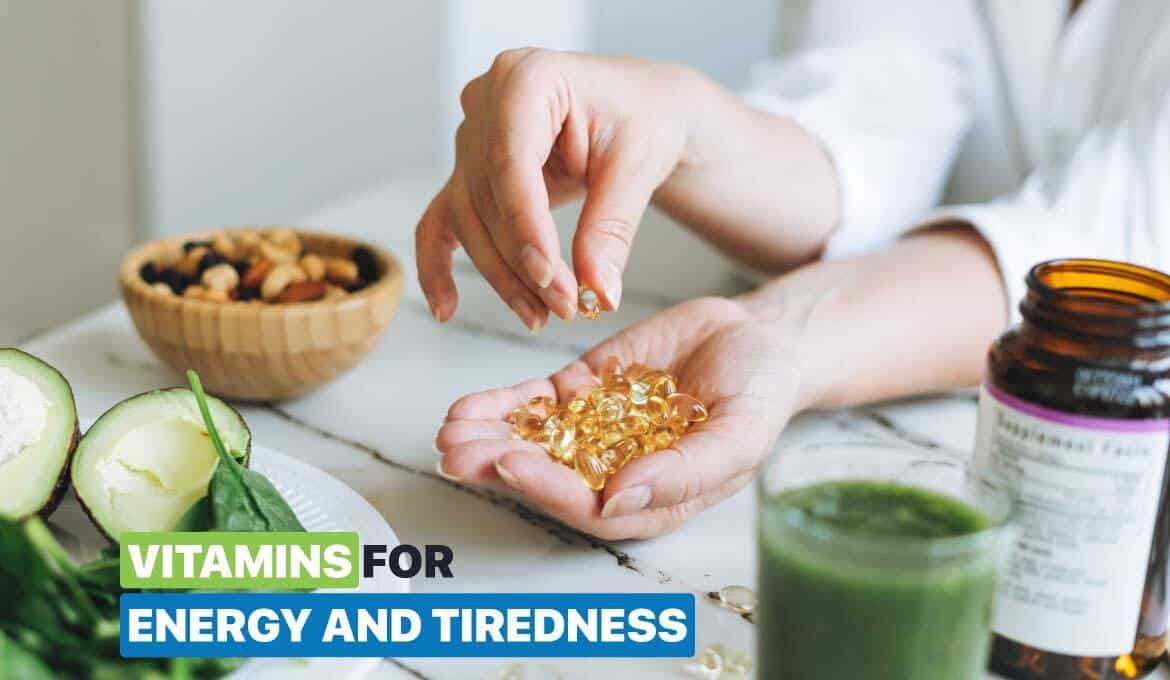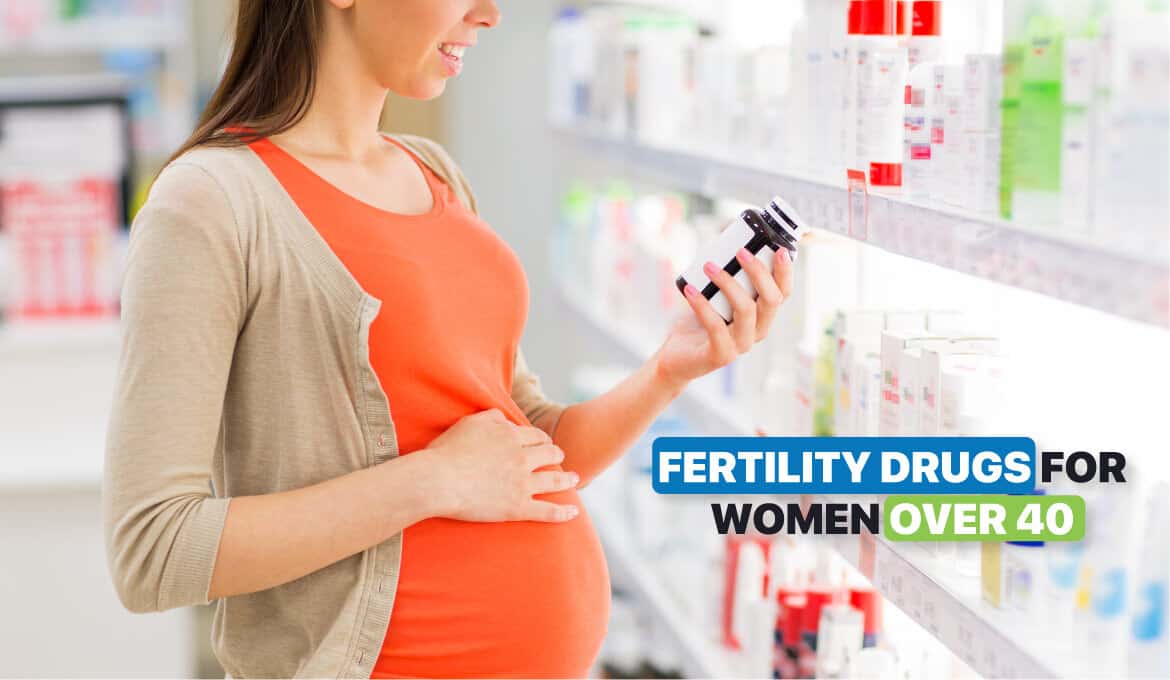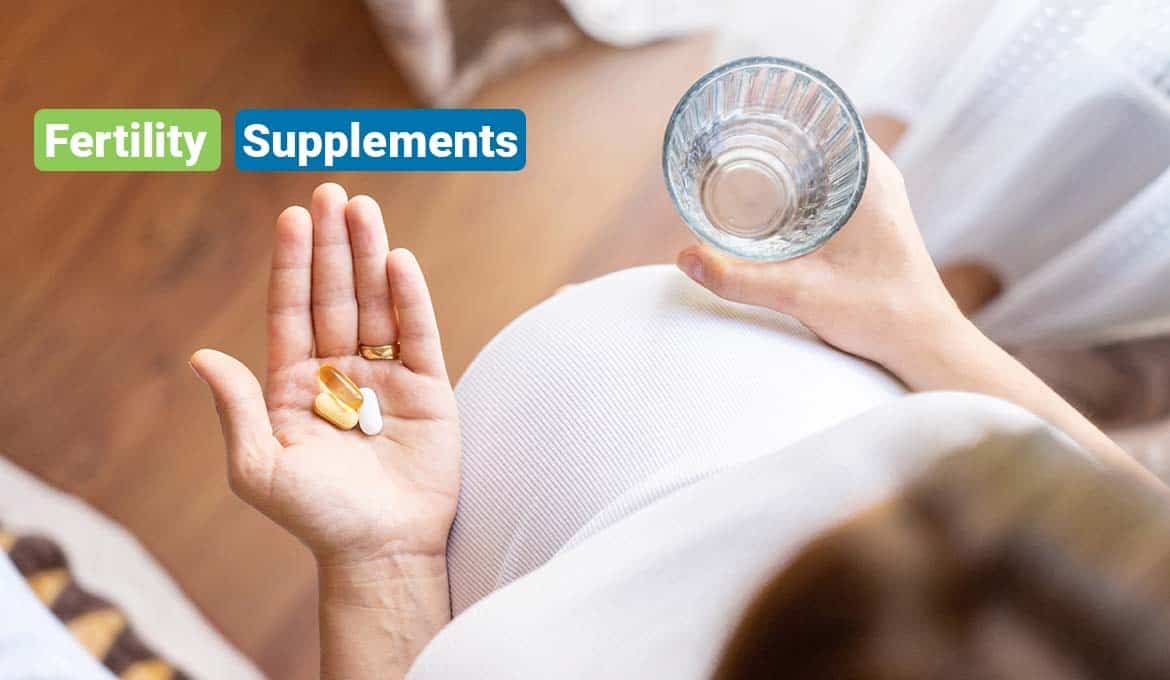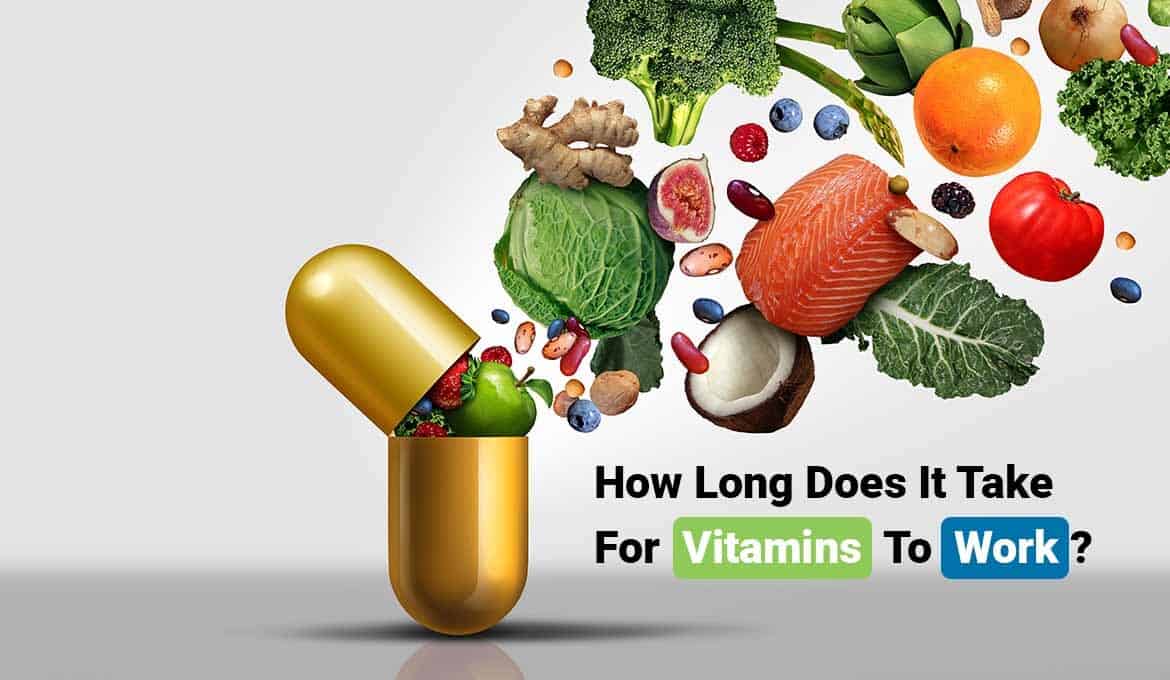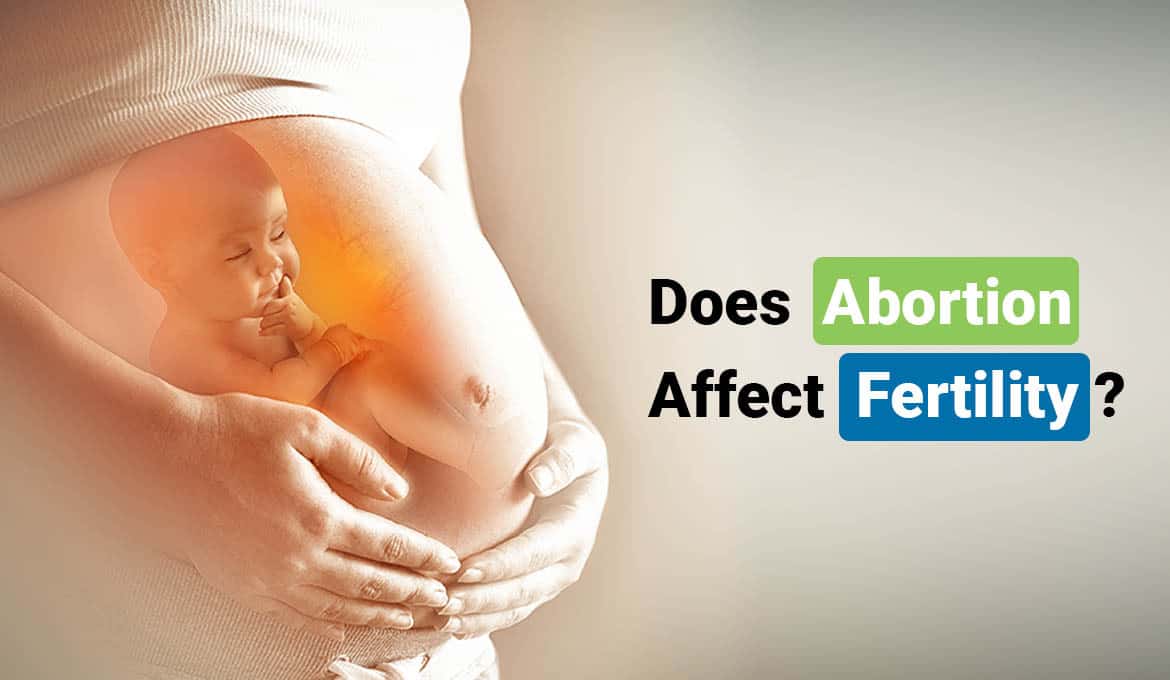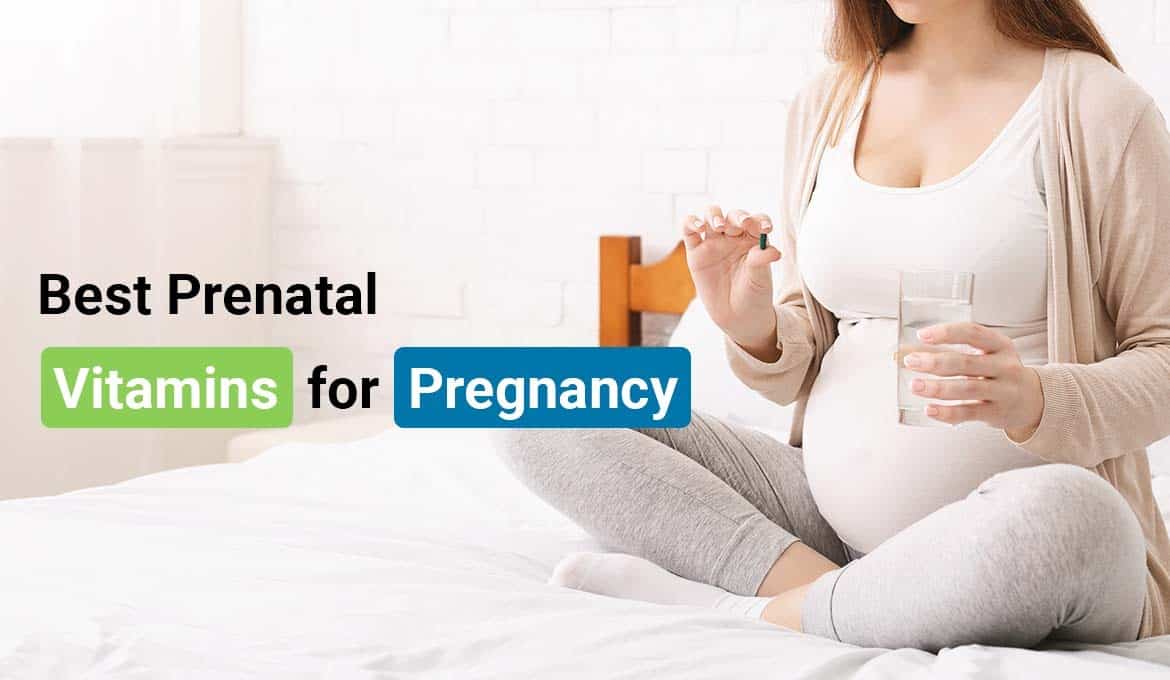
Everyone wants to provide the best for their child. Most parents across the globe do whatever they can to ensure their kids have the best healthcare and opportunities available to them.
Caring for your child begins at childbirth for most parents. However, it is possible to ensure optimal infant care, even before childbirth.
Prenatal care helps parents ensure that their child is healthy, even when the fetus is being formed. When the fetus is in development, several nutrients can help ensure the optimal development of the child while safeguarding the health of the mother simultaneously.
Knowing which nutrients need to be consumed to ensure optimal prenatal care can help parents go through a successful pregnancy where the health and safety of both the mother and child are not compromised.
What is prenatal care?
Prenatal care refers to the medical care provided to expecting mothers during pregnancy to ensure the health of both the mother and the developing fetus. Prenatal care typically includes regular check-ups, physical examinations, and additional tests.
The primary goal of prenatal care is to identify and address potential health issues as early as possible to reduce the risk of complications during pregnancy and childbirth.
This includes monitoring the mother's blood pressure, weight, and overall health, as well as tracking the baby's growth and development.
Prenatal care is a crucial component of a healthy pregnancy. It provides expecting mothers with the medical care, education, and support they need to ensure the health and well-being of both themselves and their unborn children.
Why is prenatal care important?
Prenatal care is critically important for both the mother and the developing fetus. Here are a few reasons why:
Monitors the health of the mother:
Prenatal care involves regular check-ups and tests to monitor the mother's health during pregnancy. This includes checking her blood pressure, weight, and overall well-being. Detecting and treating any health issues at the earliest can help prevent complications and improve outcomes for both the mother and baby.
Monitors the growth and development of the fetus:
Prenatal care also involves monitoring the growth and development of the fetus, including measuring the baby's size, checking for any abnormalities, and observing the baby's heart rate.
This can help detect any problems early on and ensure proper development.
Provides education and support:
Prenatal care also gives expecting mothers educational resources and support on topics such as nutrition, exercise, and preparing for childbirth.
This helps in improving outcomes for both the mother and baby, as well as helping mothers feel more confident and empowered during the pregnancy and childbirth process.
Reducing the risk of complications:
Regular prenatal care reduces the risk of complications during pregnancy and childbirth, including preterm labor, low birth weight, and birth defects.
It also helps reduce the risk of maternal complications, such as gestational diabetes and preeclampsia.
Best vitamins for prenatal care
Folic acid:
Folic acid is a B vitamin that plays a crucial role in developing a healthy fetus during pregnancy. It is essential because folic acid aids in the proper formation of the neural tube, which later becomes the baby's brain and spinal cord.
Taking folic acid supplements before and during early pregnancy can significantly reduce the risk of neural tube defects, such as spina bifida.
The recommended daily intake of folic acid for pregnant women is 600-800 micrograms. This can be obtained through a combination of diet and supplements. Good sources of folic acid in food include leafy greens, beans, fortified cereals, and citrus fruits.
Calcium:
Calcium is an essential mineral for pregnant women because it aids the developing fetus in building strong bones and teeth. This also plays a crucial role in determining the proper functioning of the nervous system, muscles, and heart.
The recommended daily intake of calcium for pregnant women is 1000-1300 milligrams. Good sources of calcium in food include dairy products, leafy greens, nuts, and fortified cereals. Women who do not get enough calcium through their diet may need to take supplements.
Adequate calcium intake can help ensure the healthy development of the fetus and may also reduce the risk of certain pregnancy complications, such as preeclampsia.
Iodine:
Iodine is a mineral essential for the healthy development of the fetus during pregnancy because it supports the thyroid gland functioning properly which, in turn, regulates metabolism and energy production.
The recommended daily intake of iodine for pregnant women is 220-250 micrograms. Good sources of iodine in food include seafood, dairy products, and iodized salt. Women who do not get enough iodine from their diet may need to take supplements.
Adequate iodine intake during pregnancy can help ensure the healthy development of the fetus, particularly the brain and nervous system. It may also reduce the risk of certain pregnancy complications, such as miscarriages and stillbirth.
Iron:
Iron is an essential mineral for pregnant women, as it helps produce hemoglobin, a protein in red blood cells that carries oxygen throughout the body. During pregnancy, the body needs more iron to support the increased blood volume and provide oxygen to the growing fetus.
The recommended daily intake of iron for pregnant women is 27 milligrams. Good sources of iron in food include red meat, poultry, fish, beans, and fortified cereals.
Adequate iron intake during pregnancy can help prevent anemia, a condition that can cause fatigue, weakness, and other health problems.
Zinc:
Zinc is an essential mineral for pregnant women that is important for the immune system, healing wounds, and synthesizing DNA.
The recommended daily intake of zinc for pregnant women is 11-12 milligrams. Good sources of zinc in food include meat, seafood, beans, nuts, and whole grains.
Adequate zinc intake during pregnancy helps ensure the healthy development of the fetus, particularly the immune and nervous systems. It also reduces the risk of certain pregnancy complications, such as preterm birth and low birth weight.
Vitamin B12:
Vitamin B12 is a vital nutrient for pregnant women because it supports the development of the nervous system and red blood cells in the developing fetus. The recommended daily intake of vitamin B12 for pregnant women is 2.6 micrograms.
Good sources of vitamin B12 in food include meat, fish, dairy products, and fortified cereals. Women who do not get enough vitamin B12 from their diet may need to take supplements. Pregnant women should discuss their vitamin B12 needs with their healthcare provider as part of their prenatal care plan.
DHA:
Docosahexaenoic acid (DHA) is an omega-3 fatty acid that is crucial for prenatal care. It is a major structural component of the brain and eyes and is essential for their development during pregnancy.
DHA also plays a role in the development of the nervous system and immune system of the fetus. The recommended daily intake of DHA during pregnancy is 200-300 milligrams. Good sources of DHA in food include fatty fish, such as salmon and sardines, as well as fortified foods and supplements.
Vitamin E:
Vitamin E is an important nutrient for pregnant women because of its role in the development of the fetal brain and nervous system. It is also an antioxidant that protects cells from damage against free radicals. The recommended daily intake of vitamin E for pregnant women is 15 milligrams.
Good sources of vitamin E in food include nuts, seeds, vegetable oils, and green leafy vegetables. While vitamin E is essential for pregnant women, excessive amounts of vitamin E can be harmful. Therefore, it is vital for pregnant women to discuss their body’s vitamin E requirements with their healthcare provider.
Vitamin A:
Vitamin A is a critical nutrient for prenatal care that aids the development of various organs, including the eyes, skin, and respiratory and digestive tracts of the fetus.
However, excessive intake of vitamin A during pregnancy can cause harm to the developing fetus, so it is important to get the right amount.
The recommended daily intake of vitamin A during pregnancy is 770 micrograms for women ages 14 to 18, and 900 micrograms for women ages 19 to 50. Good sources of vitamin A in food include liver, fish, and dairy products, as well as orange and yellow fruits, and vegetables.
Vitamin C:
Vitamin C is an essential nutrient for prenatal care that supports the growth and repair of tissues in both the mother and the developing fetus. It also aids in the absorption of iron and the formation of collagen, which is important for healthy skin, bones, and blood vessels.
The recommended daily intake of vitamin C during pregnancy is 85 milligrams. Good sources of vitamin C in food include citrus fruits, berries, kiwi, tomatoes, broccoli, and peppers. Women who do not get enough vitamin C from their diet may need to take supplements.
It should also be noted that excessive amounts of vitamin C can be harmful, so it is important to discuss vitamin C intake with a healthcare provider as part of prenatal care.
Vitamin D:
Vitamin D is a vital nutrient for prenatal care because it supports the proper development of bones and teeth in the fetus. It also plays a role in the body's cell growth, immune, and neuromuscular functions.
Pregnant women are at risk of developing a vitamin D deficiency due to the increased demand in the body for this nutrient while carrying. The recommended daily intake of vitamin D during pregnancy is 600-800 IU.
Good sources of vitamin D in food include fatty fish, eggs, and fortified foods such as milk and cereal. Women who do not get enough vitamin D from their diet or exposure to sunlight may need to take supplements.
Additional Nutrients
Here are some other nutrients that help with prenatal care
Thiamine:
Thiamine, also known as vitamin B1, helps maintain the health of the nervous system, heart, and muscles, and is important for energy metabolism. The recommended daily intake of thiamine during pregnancy is 1.4 milligrams.
Good sources of thiamine in food include whole grains, lean meats, fish, nuts, and seeds. Excessive amounts of thiamine can be harmful, so it is important to discuss your thiamine intake with a healthcare provider.
Riboflavin:
Riboflavin, also known as vitamin B2, is an important nutrient for prenatal care that is essential in producing energy, as well as the growth and development of cells, including the fetal brain and nervous system cells.
The recommended daily intake of riboflavin during pregnancy is 1.4 milligrams. Good sources of riboflavin in food include dairy products, lean meats, eggs, and leafy green vegetables.
Niacin:
Niacin, also known as vitamin B3, is another important nutrient for prenatal care that aids energy production and the development of healthy skin, nerves, and digestive systems in the fetus.
The recommended daily intake of niacin during pregnancy is 18 milligrams. Good sources of niacin in food include poultry, fish, lean meats, whole grains, and legumes.
Conclusion
Prenatal care gives parents the chance to care for their children even before childbirth. However, it is important not to get carried away. Overdoing things might be a natural outcome of this situation born out of the parent's desire to provide their child with the best.
It is important to note that these helpful nutrients can turn harmful when taken in excess. It is advisable to talk to your doctor to understand your body’s specific requirements and meet them.
FAQs
Q1: What are prenatal vitamins?
A: Prenatal vitamins are supplements that contain essential vitamins and minerals that support the healthy growth and development of the fetus and help to ensure that the mother receives all the nutrients she needs for a healthy pregnancy.
Q2: Why are prenatal vitamins important?
A: Prenatal vitamins are necessary for the proper development of the fetal brain, bones, and organs, and for the maintenance of the mother's health during pregnancy.
Q3: What are some of the essential nutrients that prenatal vitamins contain?
A: Prenatal vitamins typically contain a range of essential nutrients, including folic acid, iron, calcium, iodine, vitamin D, and omega-3 fatty acids. These nutrients are important for the healthy growth and development of the fetus, and for the mother's overall well-being during pregnancy.
Q4: Can I get all the nutrients I need from food alone?
A: While it is possible to get all the essential nutrients you need for a healthy pregnancy from a well-balanced diet, many women find it difficult to absorb the recommended amount of nutrients, such as folic acid, iron, and calcium, through food alone. Taking prenatal vitamins can help ensure that you receive all the nutrients you need for a healthy pregnancy.
Q5: Is it safe to take prenatal vitamins during pregnancy?
A: Yes, it is generally safe to take prenatal vitamins during pregnancy. However, it is important to follow the recommended dosage and to talk to your healthcare provider before starting any new supplements.
Q6: Do I need to take a specific brand of prenatal vitamin?
A: No, there are many different brands of prenatal vitamins available, and it is important to choose one that works best for you. Look for the best prenatal vitamins for pregnancy that contains the essential nutrients you need, and that is made by a reputable manufacturer.
Q7: Can I stop taking prenatal vitamins after giving birth?
A: It is generally recommended that women continue taking prenatal vitamins for a few months after giving birth to help replenish the nutrients depleted during pregnancy, and to support breastfeeding.
Q8: Can I take other supplements in addition to prenatal vitamins?
A: It is important to talk to your healthcare provider before taking any additional supplements during pregnancy, as some supplements can be harmful to the developing fetus.
Read Also:















